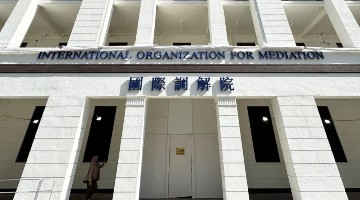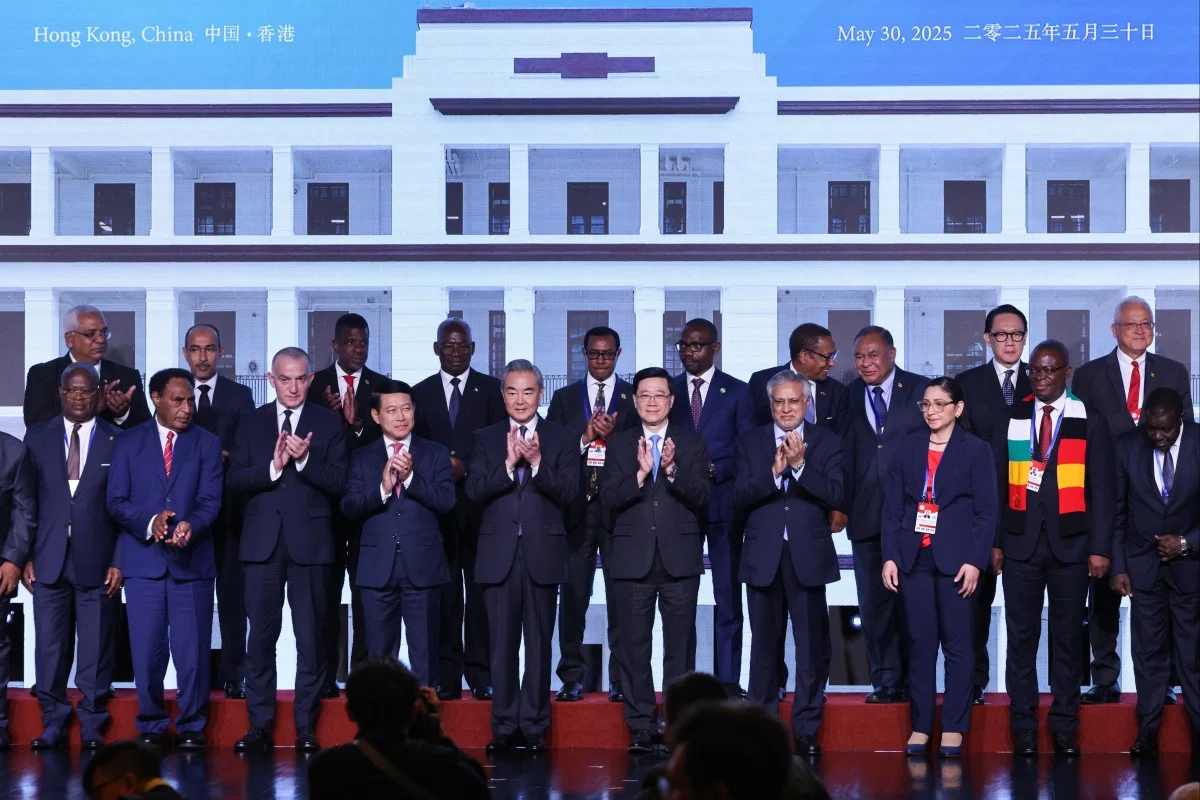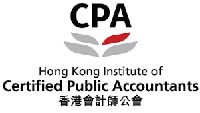China’s Foreign Minister Wang Yi was in HK last Friday to preside over the signing of a UN convention to establish the International Organisation for Mediation. 32 other countries, which were mostly already on board with the Belt & Road Initiative, signed too whilst more than 50 countries and “nearly 20” international organisations including the UN were in attendance.

The convention brings welcome profile to HK as a regional financial centre and its “one country two systems” within the PRC. It represents a declaration of intent by the signatories, many of whom have legal systems which may be less able to support the complexities of litigation or arbitration. And it reinforces the message that establishing beforehand mechanisms to resolve disputes is necessary for all investments even if those mechanisms (hopefully) never get to be used.
But what does the centre add in practice?
The sequence of events to resolving a contractual dispute typically involves bilateral negotiations between the parties then, if that fails, mediation then, if that fails, lengthy litigation or arbitration. Mediation involves a trusted intermediary shuttling between the two parties looking to bring them together into a voluntary compromise more quickly, i.e. more cheaply, than would litigation or arbitration; and doing so with a greater likelihood of retaining their commercial relationship going forwards. The mediator can float proposals on an uncommitted basis, tell one side or the other when he thinks that they are being unreasonable, suggest possible horse trading, etc. That’s the theory.
In practice, if one side feels that it has the stronger argument; or that it could outlast the other side in time or money; or that it has already lost everything and can afford to carry on when decision making gets emotional – then that party is not going to want to compromise. As a result, mediation can sometimes be half – hearted and all too often fails to resolve the dispute. Never mind, there was no / little harm in trying!
The HK International Arbitration Centre (HKIAC) already provides guidance on procedures, appointments to tribunals, meeting room space, translation services, etc i.e. all that is needed for arbitration – or mediation. So does the SIAC in Singapore where the government has been promoting the Singapore Convention on Mediation, signed in 2019. Both cities already have a cohort of seasoned professionals to act as counsel, arbitrators and mediators although it remains to be seen which of them will be able to join either / both the panels to be set up by the IOMed as “each Contracting State may designate [only] up to five persons from among its nationals to the Panel of State-to-State Mediators and designate up to twenty persons from among its nationals to the General Panel of Mediators”. But Singapore and HK (as opposed to the PRC) didn’t sign the convention so many of these practitioners may not be eligible. It will be interesting to see how the two cities interact.
Shorn of the arguments over jurisdiction that arbitration necessarily involves, the merits of each dispute will be the same whether conducted via arbitration or via mediation. It is on these commercial issues that expert advice is usually sought by counsel in arbitrations, often informally ahead of, as well as in, formal proceedings The same expert input should be invoked so as to get a clear view of the strength of the same commercial position when going into a mediation but it is surprising how often this is not done.
Logie Group has acted formally and informally in several high stakes disputes. I have opined on the reasonableness of contractual positions taken, on expectations of other parties’ behaviour and on how projects might have been financed – in written opinions, in cross examination in person and in a “hot tub” exchange of views with the other side’s expert. Lessons learned from disputes can often then inform my other roles such as advising governments on policy and investors on fund raising.
This input is just as necessary to less formal mediation as it is to litigation or arbitration.







